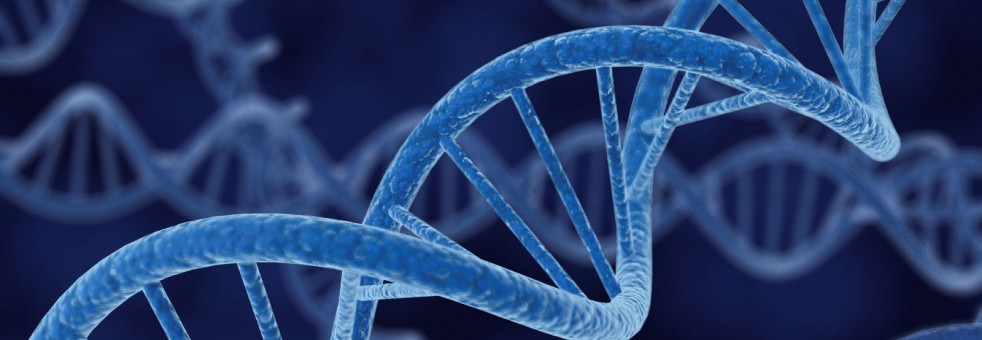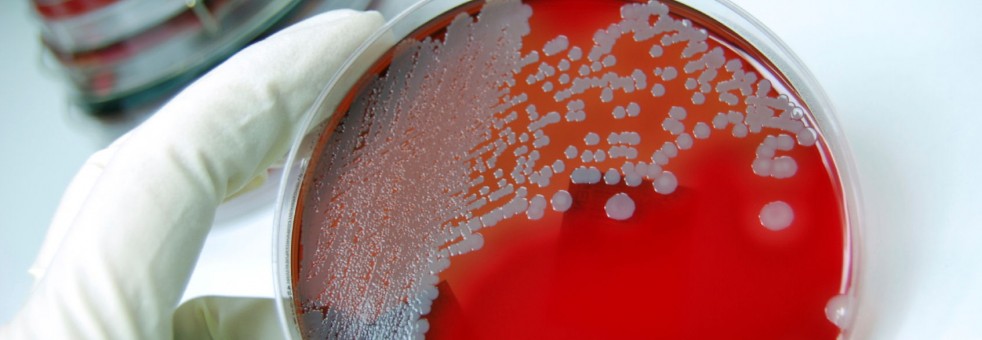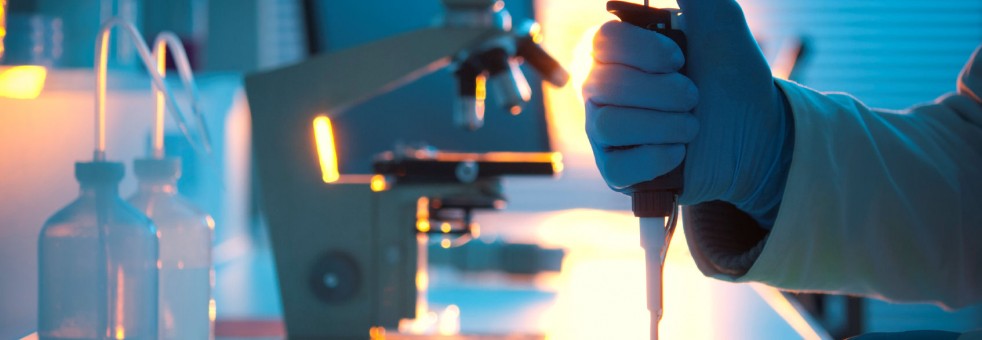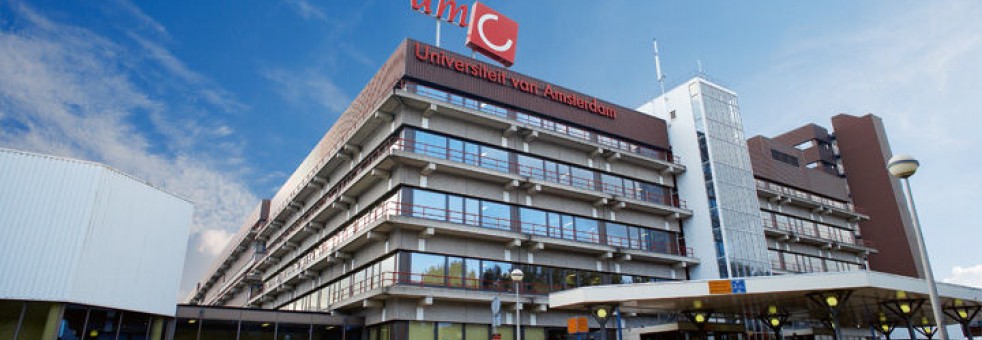Home>Professionals>Scientific research>Sepsis and delirium study
Sepsis and delirium study
Background
Sepsis associated delirium (SAD) is a diffuse brain dysfunction that occurs after systemic infection. SAD needs to be distinguished from a direct microbial invasion of the central nerve system, like meningitis or viral encephalitis. It is a frequently occurring and severe complication of infection. Mainly elderly persons are affected and it is associated with a unfavourable outcome: increased mortality risk and a higher risk for cognitive impairments and dementia.
Various mechanisms are involved in the communication between the body and the brain. In 2009 the hypothesis is established that microglia activation plays a part in the development of SAD. This hypothesis describes how a peripheral inflammatory response can trigger microglia activation –the resident immune cells of the brain. Activated microglia produce inflammatory mediators, like cytokines and chemokines. Brains of elderly persons have more reactive microglia which are producing high amounts of inflammatory mediators after peripheral stimulation. Furthermore, the inflammatory response is less strictly regulated, because cholinergic feedback mechanisms are lacking in the elderly. Because of this, defense mechanisms of microglia can be toxic for the brain and result in neurodegeneration.
Aim of study
In this project specific mechanisms of neuroinflammation and the effects of systemic infection on the brain are studied.
Study design
A mouse model is used in which infection experiments are performed to obtain more detailed information about the effect of sepsis on the brain. When underlying mechanisms are elucidated, methods to deactivate microglia are searched for to limit or even prevent neurological damage.
Furthermore, histopathological research is done in the brains of deceased patients. Microglia activation and activation of the cholinergic system of sepsis patients are compared between patients with a delirium to those without. Possible predictive mediators are studied in cerebrospinal fluid of patients with a postsurgical delirium.















